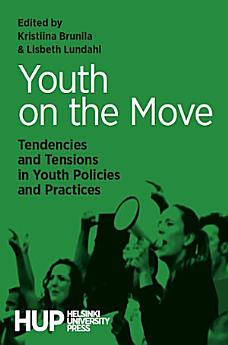Youth on the Move: Tendencies and Tensions in Youth Policies and Practices
About this ebook
The volume demonstrates that discourses related to youth transitions do not simply describe young adults but create them. For example, young people are expected to be active citizens who make themselves attractive to employers, and those who fail in doing so may be labelled having psychological deficiencies. When failing transitions, resulting in lack of higher education or unemployment, are treated as individual’s problems rather than rising from structural factors, the solutions are likewise individualized. The book thus underlines the importance of analysing power relations reflected by gender, health, social class, and ethnicity.
The articles of the book combine perspectives from young people, policymakers, teachers, and youth workers in Iceland, Finland, Sweden, and England.
About the author
Professor of social justice and equality in education at University of Helsinki
Professor of educational work at Umeå University.





